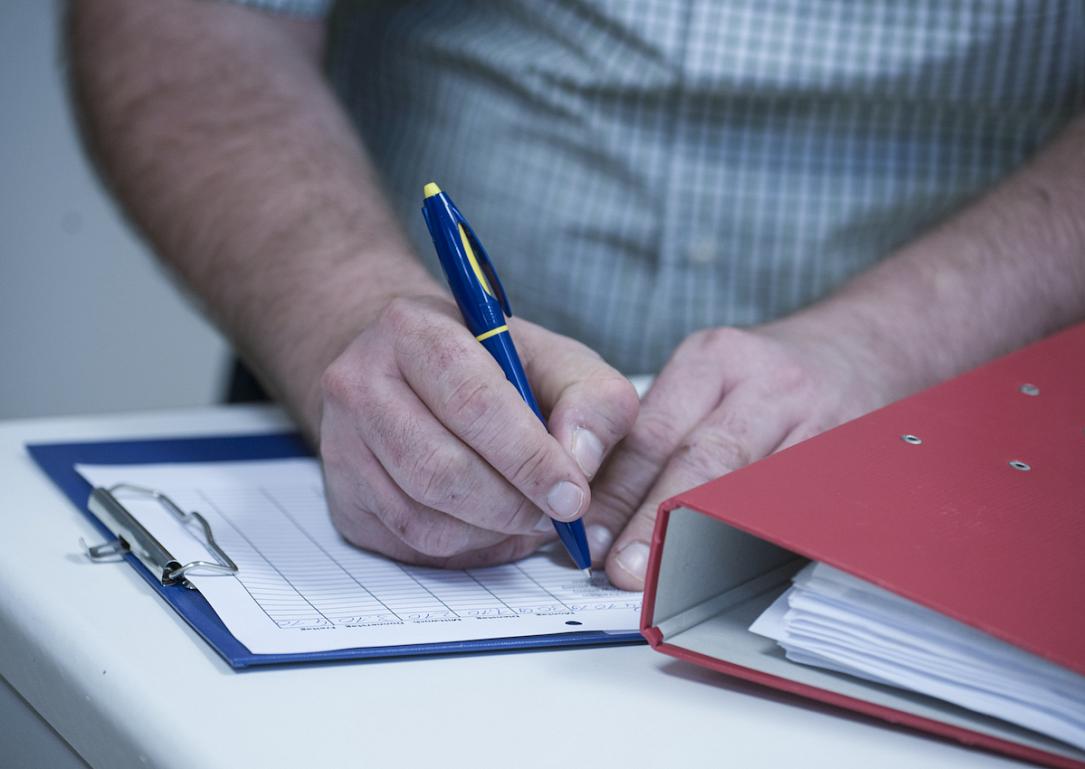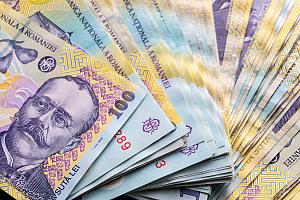Romania asks 1,300 entrepreneurs to repay pandemic-era state aid

Over 1,300 Romanian recipients of COVID-19 microgrants worth EUR 2,000 each have been asked by the Ministry of Entrepreneurship and Tourism to pay back the aid they received, plus interest.
The recipients were given the grants because they faced economic difficulties in 2019, the last year before the outbreak of the coronavirus pandemic, according to official data received by StartupCafe.ro. The microgrants, worth EUR 2,000, were aimed at helping micro-enterprises without employees, sole proprietorships, medical practices, and other eligible recipients survive through the pandemic.
The liberal government at the time launched Emergency Ordinance 130/2020, financed by European and state funds, ostensibly aiming to assist SMEs. The ordinance established the first pandemic-era state aid scheme, called “Measure 1,” for SMEs, NGOs, medical practices, and other small businesses. The measure coincided with the general and local elections, a fact which might have incentivized the government to be more open-handed.
The scheme was backed by a budget of EUR 100 mln. Roughly 17,300 applicants were selected to receive the grant after the first enrollment session, which means that two-thirds of the initial budget was not spent.
The second session, in 2021, gave the EUR 2,000 microgrant to approximately 24,400 applicants, spending RON 236 mln (EUR 48 mln). People happily took the money, spent it, and paid their debts to the state. A year later, some of them found out that they have to pay the money back.
Over 1,300 grant recipients from both sessions have to return the aid they received because they were already facing economic difficulties in 2019, thus violating article 3.2, paragraph 1, section D of the ordinance, which stipulates that recipients could not be in economic difficulty on December 31, 2019.
The question remains – if applicants were already in breach of the requirements when they applied, why were they given the grant? The Ministry of Entrepreneurship and Tourism says that applicants were selected to receive the funds through an automatic system created by the Special Telecommunications Service (STS). The system, however, did not “sync perfectly” with ANAF and Commercial Register databases. After carrying out checks, the ministry found companies that were already in the red during 2019, and therefore not eligible for the grant. As a result, they have to pay it back.
Other applicants have received a decision to repay the aid for other reasons, such as submitting the application too late.
(Photo source: Elmar Gubisch | Dreamstime.com)













